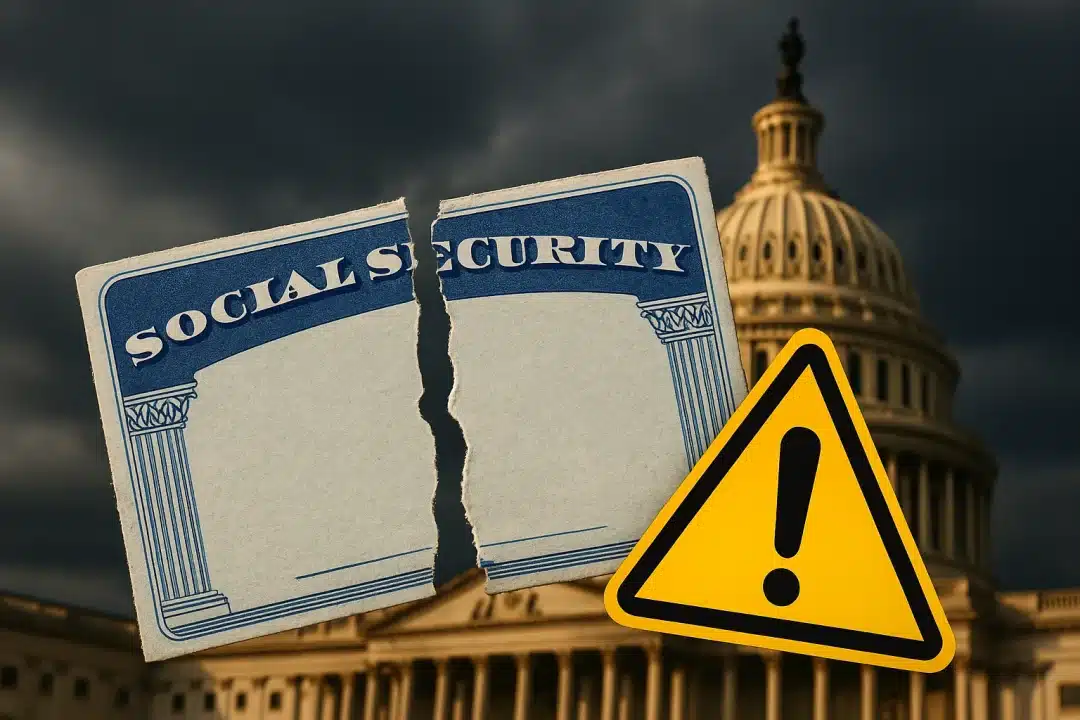Barry-Wehmiller, a company that promotes psychological safety for its employees, has made its mission to “remove the trust-destroying and demeaning practices for responsible adults.”
I like this phrase a hell of a lot.
I think many workplaces contain some degree of “trust-destroying and demeaning practices for responsible adults.” I’ve experienced some of these practices firsthand over the course of my life but have also seen many of my clients suffer through them on a daily basis.
Some of these practices include:
Not allowing virtual work to be done offsite. If a job could be completed anywhere in the world, it takes a special kind of jackass to stop employees from doing so.
This is not to say that I am opposed to bringing workers back to the office. Disney recently ordered its workforce back to the office for four days a week. As a Disney shareholder and a reasonable human being, I have no problem with this decision. Communication, collaboration, and creativity are better served by face-to-face interactions.
Many Disney employees are opposed to this change, of course, but I’m willing to bet that many of them have children who they happily send to school each day with no qualms over teachers being “in the office” five days a week, oftentimes in poorly ventilated rooms filled with of two dozen human beings, many of whom are coughing, sniffling, and sneezing daily.
But by the same token, when a teacher is given two hours to complete report cards during designated professional development time, and their asinine administrator requires that work be done within the walls of the school, this qualifies as a “trust-destroying and demeaning practice for responsible adults.”
It’s also no longer professional development time because the teacher is not being treated as a professional.
Similarly, bosses who monitor the comings and goings of employees to determine who is arriving at the office last and leaving first each day are engaging in “trust-destroying and demeaning practices for responsible adults.”
When an employee wants to take an allocated personal day but is required to provide their employer with an explanation about what they will be doing with that day, this qualifies as a “trust-destroying and demeaning practice for responsible adults.”
When an employee is sick but can only use an allocated sick day if they get a doctor’s note, this qualifies as a “trust-destroying and demeaning practice for responsible adults.”
When employers impose rigorous and unnecessary dress codes on employees, this amounts to a “trust-destroying and demeaning practice for responsible adults.”
When a VP of marketing takes five minutes to review a month of work from her team and then bases her assessment of that work on a gut feeling or a personal preference, absent any questions about rationale or strategy, this qualifies as a “trust-destroying and demeaning practice for responsible adults.”
When an employer does not offer positive feedback on a routine basis for a job well done, this amounts to a “trust-destroying and demeaning practice for responsible adults.”
When employees are not afforded a modicum of control over the temperature of their workspace, this qualifies as a “trust-destroying and demeaning practice for responsible adults.”
When a boss is incapable of admitting to a mistake, unable to apologize, or is engaged in self-preservation by blaming their employees for the mistake, this amounts to “trust-destroying and demeaning practice for responsible adults.”
An administrator asked me to lie to cover up his mistake. Not only did I refuse to lie, but his request afforded me glorious leverage over him since I could now report his mistake and his request for deceit to his superior if needed.
This is what happens when you destroy trust and attempt to demean your employees.
I was once told by that same administrator that I could not leave the building during my assigned lunch break to pick up food or run an errand. I ignored this ridiculous demand because it amounted to little more than a “trust-destroying and demeaning practice for responsible adults.”
Also, that administrator was a fool.
Psychological safety is an environment that encourages, recognizes, and rewards individuals for their contributions and ideas by making individuals feel safe when taking interpersonal risks. It is the single greatest indicator of whether a team will be successful, and part of ensuring that people feel psychologically safe is by treating them as trustworthy, responsible, autonomous adults who are capable of making excellent decisions for the person or organization that employs them.
Eliminating “trust-destroying and demeaning practice for responsible adults” would go a long way to making this happen.
Sadly, many managers, administrators, and bosses are incapable of eliminating these practices from the workplace because they are poor leaders, untrained administrators, micromanaging fools, ineffective teachers, and incapable delegators.
A lack of confidence, a high degree of narcissism, and stupidity can sometimes play a role.






